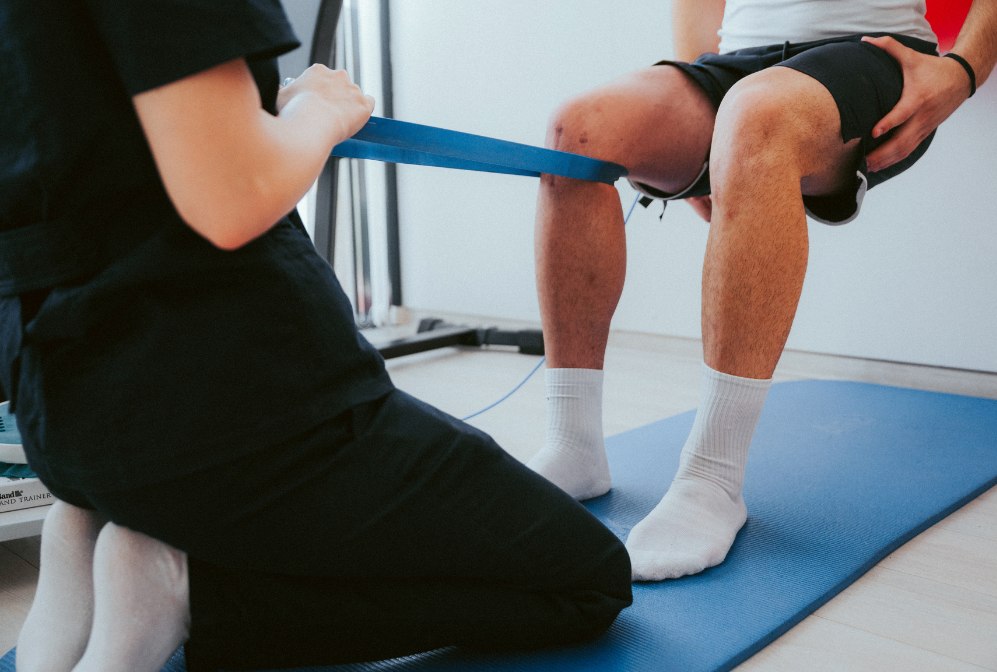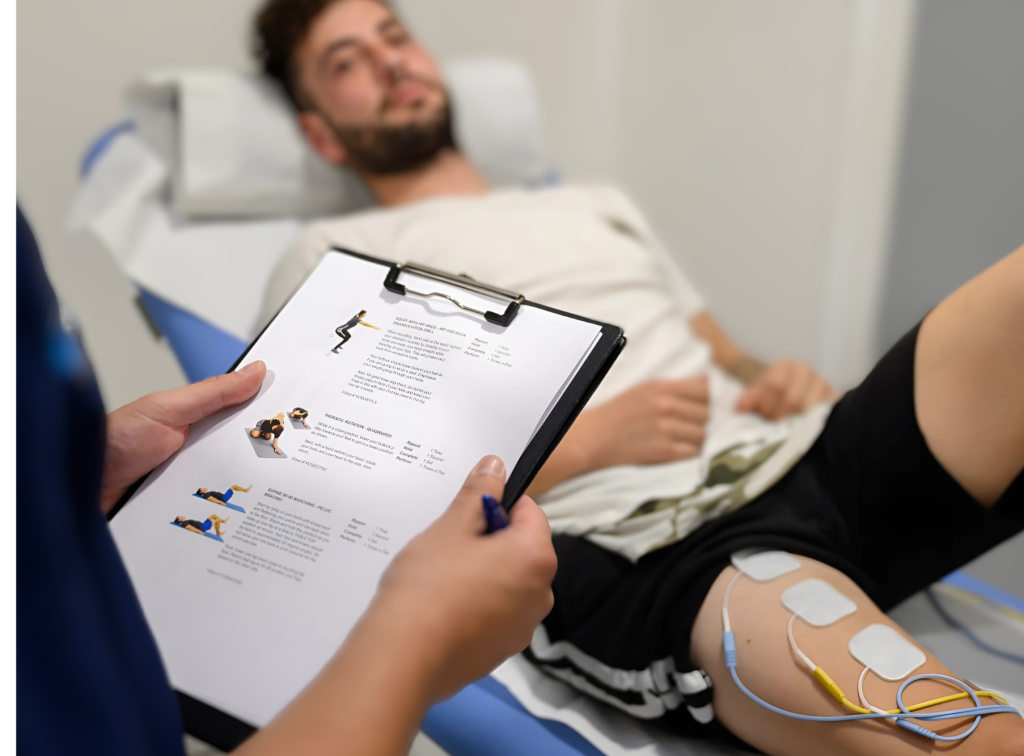





The question often arises whether we should say “physical therapy” or “physiotherapy”, as well as whether there is a difference between “physical therapy” and “physiotherapy”. The truth is that the two terms refer to the same concept, with “physiotherapy” being mainly used as an abbreviation of the English word physiotherapy. Thus, physiotherapy, which derives from the terms “physical” and “therapy”, is the science that contributes to the rehabilitation and treatment of problems using natural methods.
A physical therapist plays a crucial role in the health and well-being of patients, focusing primarily on improving mobility, relieving pain, and preventing or limiting permanent physical disabilities. They use assessment techniques to diagnose a patient’s condition and create individualized treatment plans. Their role extends beyond direct care to include education and empowerment. By providing information about the nature of the injury or condition, they empower patients to take an active role in their recovery. They teach exercises and strategic techniques that help patients maintain their health and prevent future injuries.
After physiotherapy, it is best to avoid strenuous activities that could potentially strain or re-injure the injured area. It is best to follow your therapist’s recommendations, follow the suggested exercises, and inform your physiotherapist of any concerns or new symptoms that arise after treatment.
It is normal to feel tired after physiotherapy sessions. Physiotherapy involves exercises and activities that cause fatigue due to the effort the patient puts in. This results in physical fatigue. This fatigue is a normal reaction of the body and improves the patient’s physical condition.
Physical therapy provides numerous benefits, from pain management to improving mobility and balance. It is a non-invasive discipline that helps individuals develop, maintain, and restore maximum body movement and function. It can help patients at any stage of life when movement and function are threatened by aging, injury, disease, disorder, condition, or environmental factors.
The benefits of physical therapy include reducing pain in soft tissues (muscles, tendons, and ligaments), increasing flexibility and strength, and improving balance and neuromuscular coordination. This can help prevent future injuries and falls, a major concern for older adults. In addition, physical therapy improves mobility and gait, aids in recovery from stroke, paralysis, and recent surgery, and can help manage chronic conditions such as heart disease, arthritis, and other autoimmune diseases.
It can also help you manage your health without the need for medication or surgery. It promotes independence and can help you understand your body’s condition and manage your health long-term.
It is important that the diagnosis is correct and the treatment plan follows international protocols so that there are no negative effects in the treatment.
The most common side effects of physical therapy include:
After a physiotherapy session, the patient should not have increased pain symptoms. If this happens, it means that the physiotherapist has approached the treatment plan incorrectly. Physiotherapy should not be painful for any reason.
Countries like the United States, Canada, Australia, and some European nations tend to offer competitive salaries for physical therapists. However, salary levels can also depend on the cost of living and demand for physical therapy services in each country.
Many countries offer excellent programs for studying physical therapy, including the United States, Canada, the United Kingdom, Australia, and some European countries. The best country to study physical therapy ultimately depends on your personal preferences, academic goals, and career aspirations.

Are you ready to feel better? Our friendly physiotherapists in Nicosia can help you. We’ll create a special plan just for you.